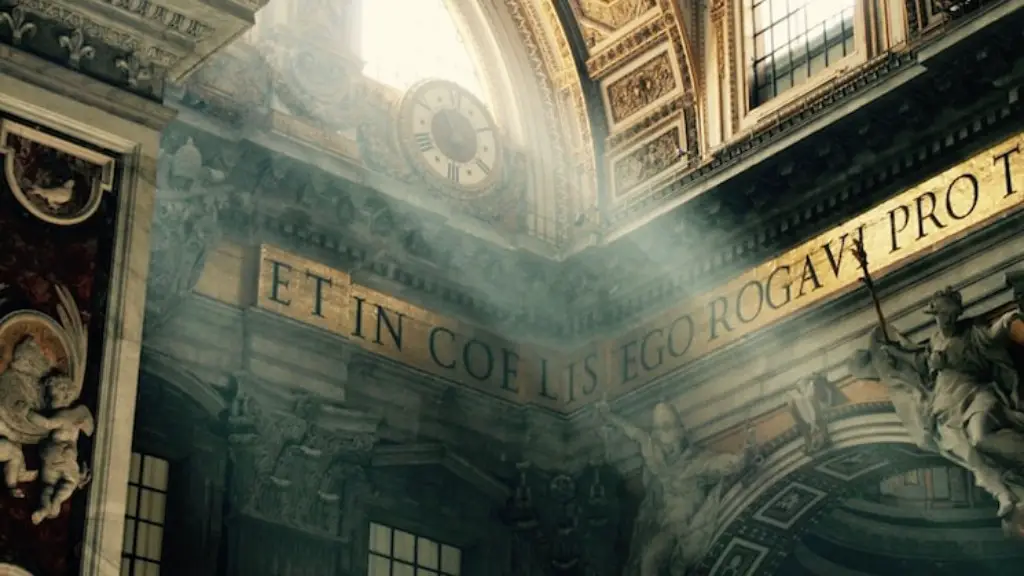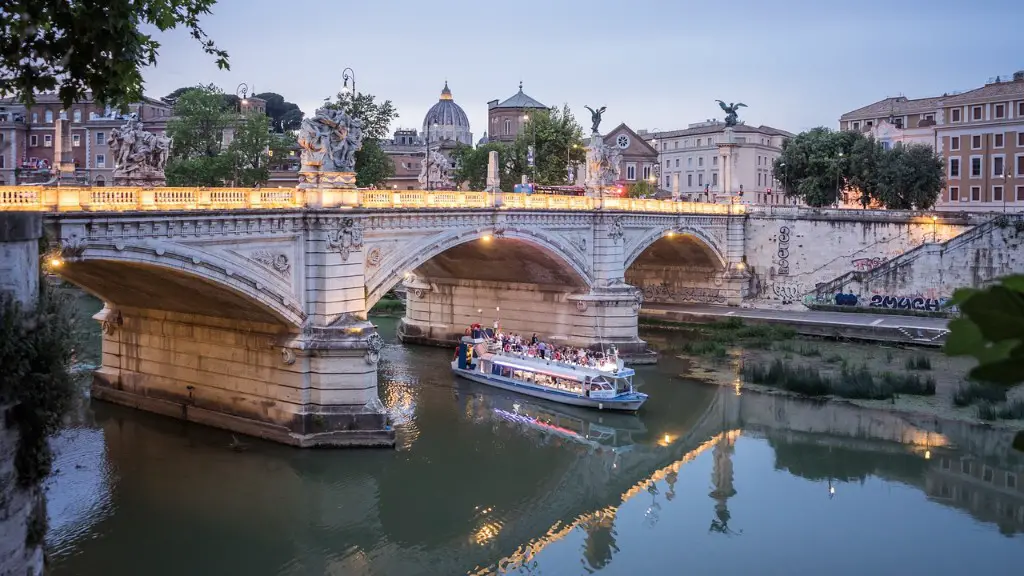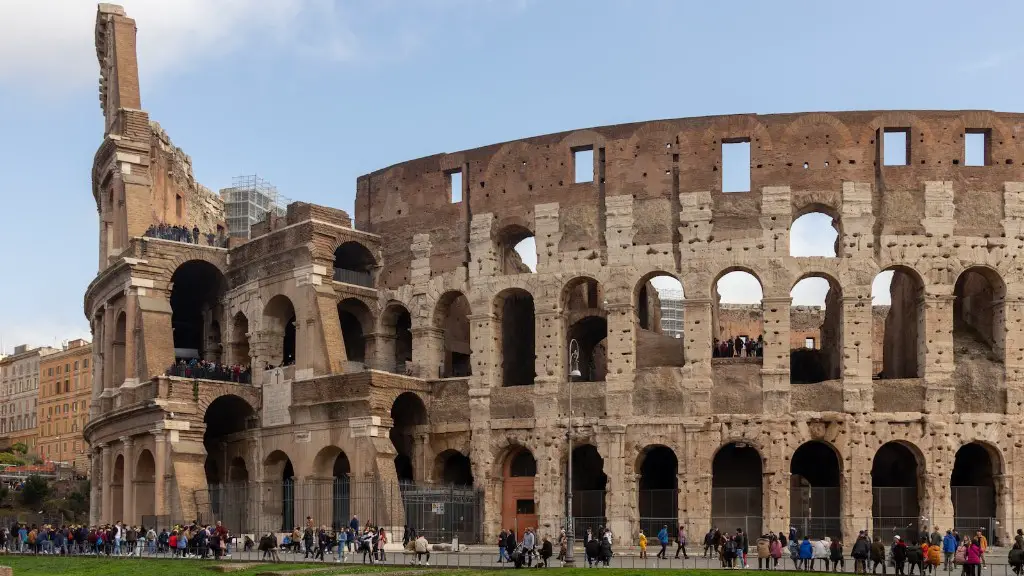Introduction
Ancient Rome was an important civilization that was influential in shaping many aspects of modern Western societies, such as law, government, and philosophy. During the time of the Roman Republic and Empire, the definition of who was a Roman citizen was highly regulated. Generally speaking, Roman citizens were those who were born to two Roman parents, as well as those who were granted citizenship through legal means. Non-citizens, however, had fewer rights than Roman citizens, and their place in the Roman society was different from citizens.
Types Of Non-Citizens In Ancient Rome
In Ancient Rome, the category of non-citizens was quite diverse, and a range of non-citizens could be found under the umbrella of Roman law. These were divided into two main categories: the “permachori” and the “metoeci”. The “permachori” were those of foreign birth, while the “metoeci” were native citizens who had been granted the right to stay in Rome. Other groups who fell into the non-citizen category included slaves, freed slaves, and barbarians. All of this diverse group of non-citizens were subject to higher taxes, had no voting rights, and, in some cases, didn’t even have the right to own property.
Legality And Demographics Of Non-Citizens
The legal status of non-citizens was defined by the Roman government, who granted citizenship to either individuals or entire populations of people. It’s believed that the majority of non-citizens in the Roman empire likely came from subject nations, who were defeated and had to accept Roman rule. A notable example of this is the case of the Latins, an Italic tribe who were eventually granted full Roman citizenship in the 2nd century BCE. On the other hand, it’s also believed that a large portion of non-citizens were likely slaves, who made up around 25% of Rome’s population.
Duties Of Non-Citizens
Throughout the history of Rome, non-citizens were subject to a variety of laws and regulations, depending on their status. In some cases, non-citizens were required to provide tribute to the Roman state. This could be either in the form of financial payments, military service, or other services, such as providing food for the Roman armies. In addition to this, non-citizens were often required to pay special taxes, both on their assets and on the products they produced. Non-citizens also had little to no political power, and were not allowed to vote or to hold public office.
Daily Life Of Non-Citizens
Daily life for non-citizens in Ancient Rome was highly dependent on their particular status. Slaves, for example, were essentially treated as property – they had no legal rights and were treated as property, bought and sold by the Roman elite. Other non-citizens, such as the “permachori” and the “metoeci”, fared better than the slaves, and were allowed to move freely within Roman society. However, they still had no political rights and were subject to higher taxes than Roman citizens.
Effects Of The Non-Citizen Status On The Roman Empire
The non-citizens of ancient Rome were largely responsible for the vast amount of wealth that the Roman Empire was able to achieve. Through taxes, military service, and the acquisition of conquered nations, the Roman elite were able to increase their wealth, which was in large part due to the non-citizens in their society. In addition, non-citizens also provided a much needed labor force for the many Roman projects and industry.
Effects Of Roman Non-Citizens On Modern Society
The effects of non-citizens in Ancient Rome can still be seen in many aspects of modern society. Examples include the concept of taxation, where modern governments raise revenue by charging citizens according to their income. In addition, the concept of military service still exists in many countries, which was the primary way in which the Roman Empire acquired wealth. Finally, the concept of slavery is still present in some parts of the world, a practice which has its roots in the slavery of Ancient Rome.
Education Rights For Non-Citizens
Access to education was highly limited for non-citizens in Ancient Rome. In general, non-citizens were not allowed to participate in formal education, and were instead expected to develop specialized skills that were useful to the Roman elite. This means that non-citizens were unable to study mathematics, theology, law, and other formal subjects. On the other hand, those non-citizens who were lucky enough to be invited to study in the school of rhetoric or philosophy were granted increased rights and privileges.
Cultural Impact Of Non-Citizens
Non-citizens in Ancient Rome were an important part of the cultural landscape, and were responsible for many of the innovations and contributions that our modern society enjoys. For example, many of the early Christian writers, such as Tertullian and Jerome, were non-citizens who used their education and knowledge to contribute to the spread of Christianity throughout the Roman world. Additionally, many of the military strategies, engineering feats, and literature of Ancient Rome all came from non-citizens.
Legacy Of Non-Citizens
The legacy of non-citizens in Ancient Rome can still be seen today, through the varied contributions that they made to the Roman world. From their labor and taxes, to their innovation and creativity, non-citizens provided much of the foundation for the success of the Roman Empire. Their legacy lives on, and reminders of their contributions can still be seen in modern societies, from the taxation systems, to the literature and culture, to the concepts of slavery and military service.


